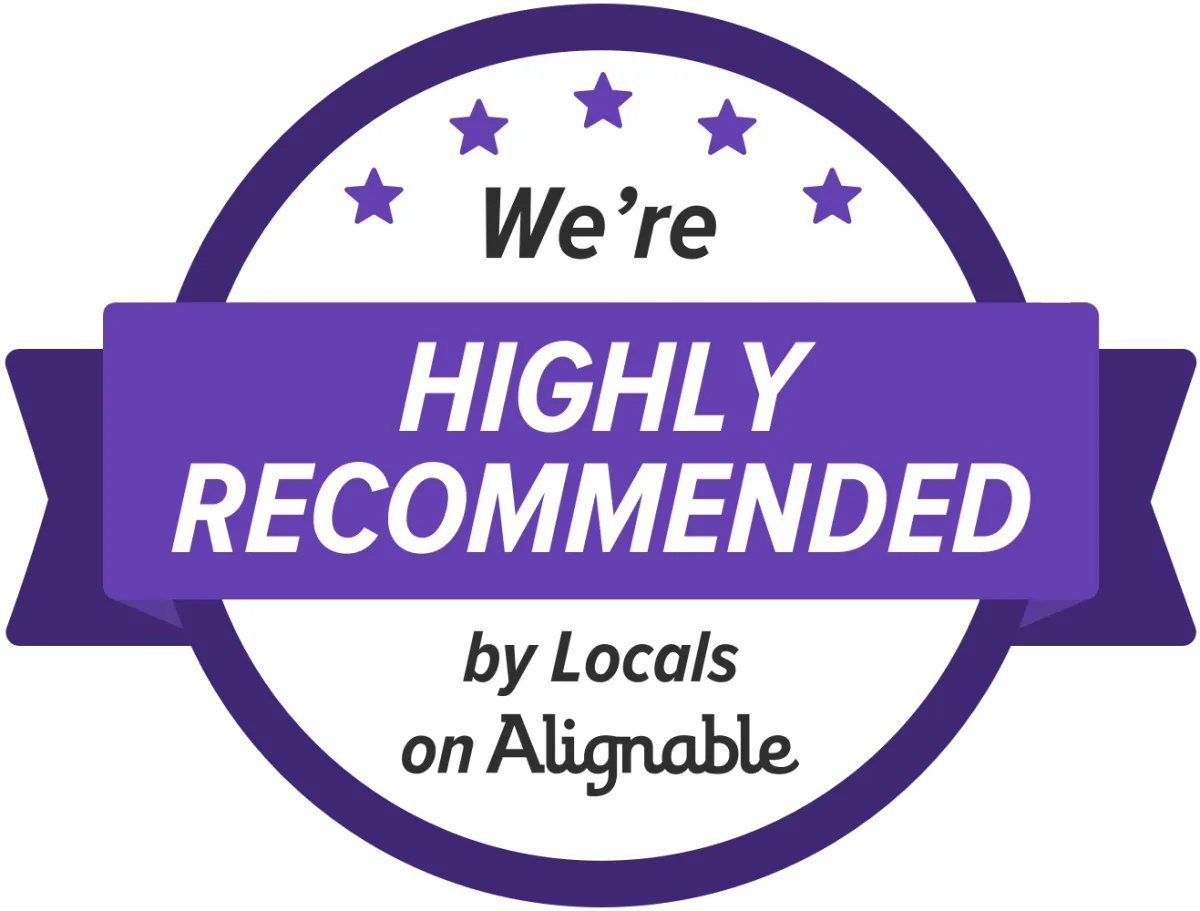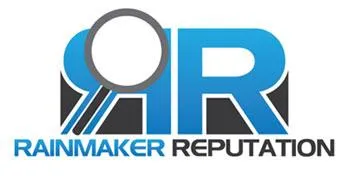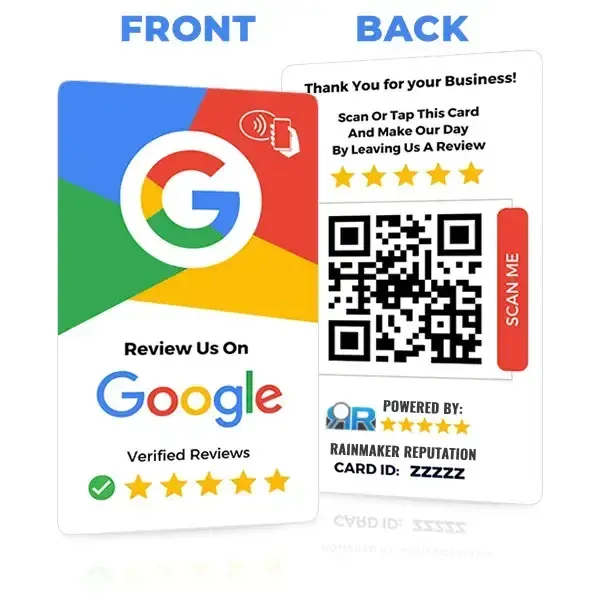Lead Generation Marketing
Are you looking to grow your business and reach a wider audience? One of the key elements to achieve this is effective lead generation. Lead Generation is the process of arousing consumer interest in a product or service, with the aim of transforming that interest into sales. In online marketing, this typically involves collecting contact information for visitors (so-called leads) via web forms. Since the products of many B2B companies can cost thousands of dollars and web visitors are unlikely to buy their products and services directly from a website, lead generation can be a core part of the sales funnel. Generating quality leads is the lifeblood of any successful business, as it helps you connect with potential customers who have shown interest in your products or services. In this article, we will delve into the world of lead generation, exploring strategies, techniques, and best practices that can help you attract, engage, and convert leads into loyal customers.
The Importance of Lead Generation
Lead generation serves as the foundation of a thriving business. It is the process of identifying and attracting potential customers, nurturing their interest, and guiding them through the sales funnel. Here's why lead generation matters:- Expanded Reach: Lead generation enables you to extend your business's reach beyond your existing customer base, allowing you to connect with new prospects.
- Increased Sales: By capturing quality leads, you can effectively convert them into paying customers, boosting your sales and revenue.
- Improved ROI: When you focus your marketing efforts on qualified leads, you maximize your return on investment by targeting individuals who are more likely to convert.
- Long-term Customer Relationships: Effective lead generation strategies help you build relationships with potential customers, fostering loyalty and repeat business.
Strategies for Effective Lead Generation
Now that we understand the importance of lead generation, let's explore some strategies to help you generate leads effectively:1. Content Marketing
Creating valuable and relevant content is a powerful way to attract and engage potential leads. By providing informative blog posts, ebooks, videos, and podcasts, you can establish yourself as an industry expert and build trust with your target audience.2. Social Media Marketing
Social media platforms offer vast opportunities for lead generation. By leveraging platforms like Facebook, Instagram, and LinkedIn, you can engage with your audience, share valuable content, run targeted ads, and drive traffic to your website.3. Search Engine Optimization (SEO)
Optimizing your website for search engines is crucial for lead generation. By utilizing keywords, creating quality content, and optimizing meta tags, you can improve your website's visibility and attract organic traffic from search engine results.4. Email Marketing
Email marketing remains an effective tool for lead generation. By building a subscriber list and sending personalized and valuable content to your leads, you can nurture their interest and guide them through the sales funnel.5. Webinars and Online Events
Hosting webinars or online events allows you to showcase your expertise while capturing leads. By offering valuable insights and solutions to your audience's pain points, you can encourage them to provide their contact information and engage further with your business.Common Questions About Effective Lead Generation
1. How long does it take to generate leads?
Lead generation timelines can vary depending on various factors such as your industry, target audience, and the effectiveness of your strategies. It's important to focus on consistent efforts and track your results to refine your approach over time.2. What are the key metrics to measure lead generation success?
There are several key metrics you can track to measure the success of your lead generation efforts:- Conversion Rate: This measures the percentage of leads that convert into customers. A higher conversion rate indicates effective lead nurturing and engagement.
- Cost per Lead: This metric helps you evaluate the cost-effectiveness of your lead generation campaigns. It calculates the average cost of acquiring a single lead.
- Lead Quality: Assessing the quality of your leads is crucial. Look at factors such as lead source, demographics, and engagement levels to determine if your leads align with your target audience.
- Return on Investment (ROI): Measure the return on your lead generation investment by analyzing the revenue generated from your leads and comparing it to your marketing expenses.
3. How can I optimize lead capture forms?
Optimizing lead capture forms is essential to encourage visitors to provide their contact information. Here are some tips:- Keep it Simple: Request only essential information to reduce friction and make the form quick and easy to complete.
- Provide Value: Offer an incentive, such as a free ebook or exclusive content, to entice visitors to share their details.
- Placement and Visibility: Ensure your lead capture form is prominently displayed on your website, preferably above the fold.
- A/B Testing: Experiment with different form designs, layouts, and messaging to identify the most effective combination.
FAQ:
I hope this article has provided you with valuable insights into effective lead generation strategies. By implementing these techniques, you can elevate your business's growth and achieve your goals of reaching a wider audience and converting leads into loyal customers. Remember, effective lead generation requires consistent effort, adaptation to your target audience, and a focus on providing value. With these principles in mind, you can navigate the ever-evolving landscape of lead generation and drive your business towards success.FEATURES
Social Media Management
AI Agents
Search Optimization A.I. Agent
Review Collecting Systems
Forms & Surveys
Online Appointment Booking
Membership & Course Builder
Automated Nurture Sequence
Email & SMS
Phone System & Autodialer

Learn More
Rainmaker Reputation AI CRM is a CRM & AI Automation suite that helps Local Brands, Business Coaches & Content Creators solve the problem of how to properly connect with prospects & customers in order to build profitable momentum & growth through getting their businesses more reviews, better reputations in their markets, & automated simplified CRM processes.




